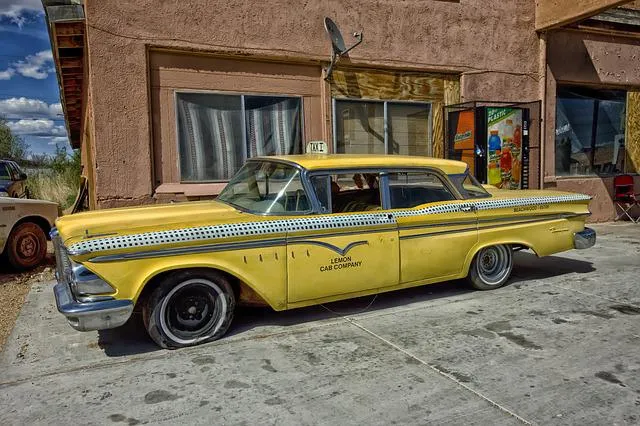The heavy transport sector is also pursuing a progressive path of electrification. Several companies working in this field over the past few months have started announcing plans to do so. Programs that do not only concern the launch of 100% electric vehicles but also of models that take advantage of the Fuel Cell technology, judged, in some cases, to be more suitable for this type of vehicle.
Precisely on the electrification of heavy vehicles, MAN Truck & Bus announced that the start of production of its electric trucks are expected to leave in early 2024. Subsequently, the first 200 units of these vehicles will be delivered to customers. This is nearly a year ahead of the original schedule.
MAN also presented a near production prototype of the new electric truck for the first time. Unfortunately, no technical details have been provided on the model. In any case, the company highlights the importance of battery development. Precisely for this reason he began to develop his skills in the assembly of battery packs as early as spring 2021. The focus of this work is the eMobility Technical Center at the Nuremberg headquarters, where the first battery packs for electric vehicle testing and internal production tests were produced.
In order to create space in the main Munich plant for the start of series production of the electric trucks, the company moved part of its production to Krakow, Poland, at the beginning of 2022. MAN has invested around 130 million. euro in the expansion of the Polish plant, with the aim of approximately tripling the production capacity.
In addition to all this, the company has made it known that it intends to focus also on the development of Fuel Cell technology. MAN Truck & Bus has highlighted that it is developing a fuel cell truck together with its industrial partners Bosch, Faurecia and ZF. The vehicle will be delivered to five customers in mid-2024. BayWa, DB Schenker, GRESS Spedition, Rhenus Logistics and Spedition Dettendorfer will test their Fuel Cell trucks for one year within their normal business operations.
However, Alexander Vlaskamp, CEO of MAN Truck & Bus, highlighted that hydrogen will only become relevant for commercial vehicles in several years’ time. This is because there is a lack of both adequate infrastructure for refueling and because green hydrogen will not be available in sufficient quantities in the near future.


